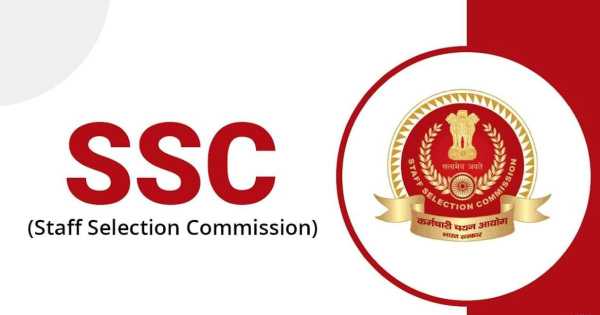Staff Selection Commission :
In the dynamic landscape of employment, securing a stable and rewarding job often proves to be a daunting task. However, for millions of aspiring candidates in India, the Staff Selection Commission (SSC) serves as a beacon of hope and opportunity. Established in 1975, the SSC plays a pivotal role in recruiting staff for various positions in the ministries and departments of the Government of India and in subordinate offices. With its transparent selection processes and fair recruitment practices, the SSC stands as a cornerstone in shaping the careers of countless individuals across the nation.
Understanding the SSC :
The Staff Selection Commission operates under the Department of Personnel and Training (DoPT), Government of India. Its primary objective is to conduct examinations and interviews to make recruitment to Group “B” (Non-Gazetted) and Group “C” (Non-Technical) posts in various government departments and organizations. These positions span a wide array of fields including clerical, stenographic, technical, and non-technical roles.
The Significance of SSC Examinations :
SSC examinations are highly sought after due to the myriad benefits they offer. Firstly, they provide a platform for candidates from diverse educational backgrounds to compete for lucrative government positions. Additionally, SSC jobs offer financial stability, job security, attractive perks, and opportunities for career advancement. Moreover, these positions often come with a sense of social responsibility as they involve serving the nation in various capacities.
Examination Tiers and Selection Process:
The SSC conducts several examinations throughout the year, each catering to different educational qualifications and job requirements. Some of the prominent examinations include:
- Combined Graduate Level Examination (CGL): This examination is for graduates and offers opportunities in Group B and Group C posts in various ministries, departments, and organizations.
- Combined Higher Secondary Level Examination (CHSL): Intended for candidates who have completed 10+2, this examination recruits for posts such as Lower Division Clerk (LDC), Data Entry Operator (DEO), and Postal/Sorting Assistants.
- Junior Engineer (JE) Examination: For engineering graduates, this examination offers opportunities in various government departments as Junior Engineers.
- Multi-Tasking Staff (MTS) Examination: This examination is for candidates who have completed matriculation and offers opportunities for non-technical Group C positions.
- Stenographer Grade ‘C’ & ‘D’ Examination: This examination recruits stenographers for Grade C and D positions in various government departments.
Transparency and Fairness:
One of the most commendable aspects of the SSC is its commitment to transparency and fairness in the recruitment process. The examinations are conducted in multiple tiers, comprising objective-type questions, descriptive papers, and skill tests, depending on the nature of the job. Additionally, the commission adheres strictly to the prescribed syllabus, ensuring a level playing field for all candidates. Moreover, the entire process is computerized, from application submission to result declaration, minimizing human errors and biases.
Challenges and Reforms:
Despite its commendable efforts, the SSC has faced its share of challenges, including allegations of irregularities and delays in result declaration. However, the commission has been proactive in addressing these issues by implementing reforms such as enhancing the transparency of the examination process, leveraging technology for smoother operations, and improving infrastructure to accommodate the increasing number of candidates.
You May See – Latest UPSC Recruitment
Staff Selection Commission Syllabus :
In essence, the Staff Selection Commission stands as a beacon of opportunity for millions of aspiring individuals seeking stable and rewarding employment in the government sector. Its transparent selection processes, fair recruitment practices, and commitment to excellence have made it a revered institution in India’s employment landscape. As it continues to evolve and adapt to the changing times, the SSC remains instrumental in shaping the careers and aspirations of countless individuals across the nation, embodying the principles of meritocracy and equal opportunity.
